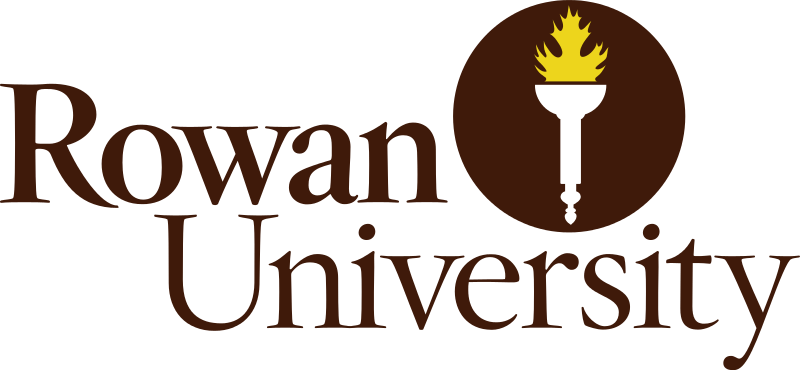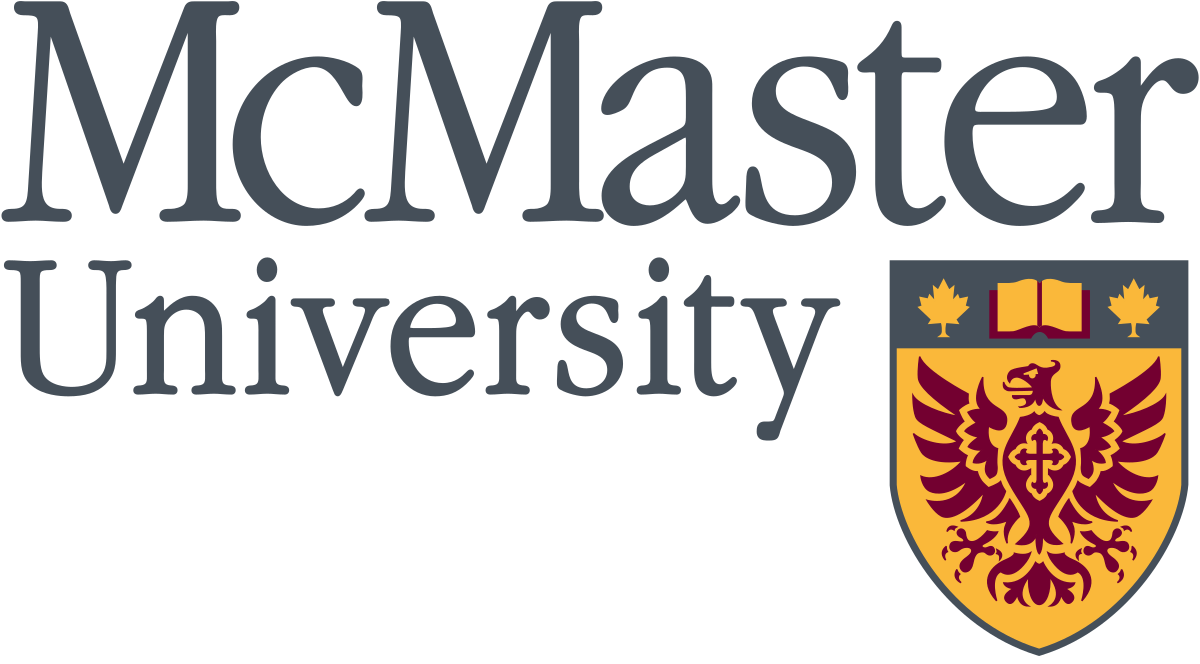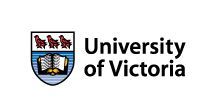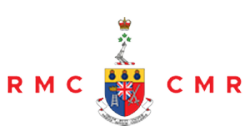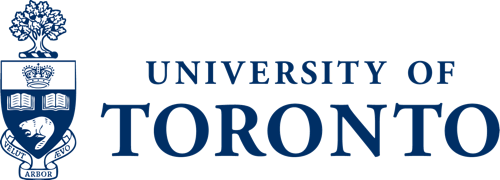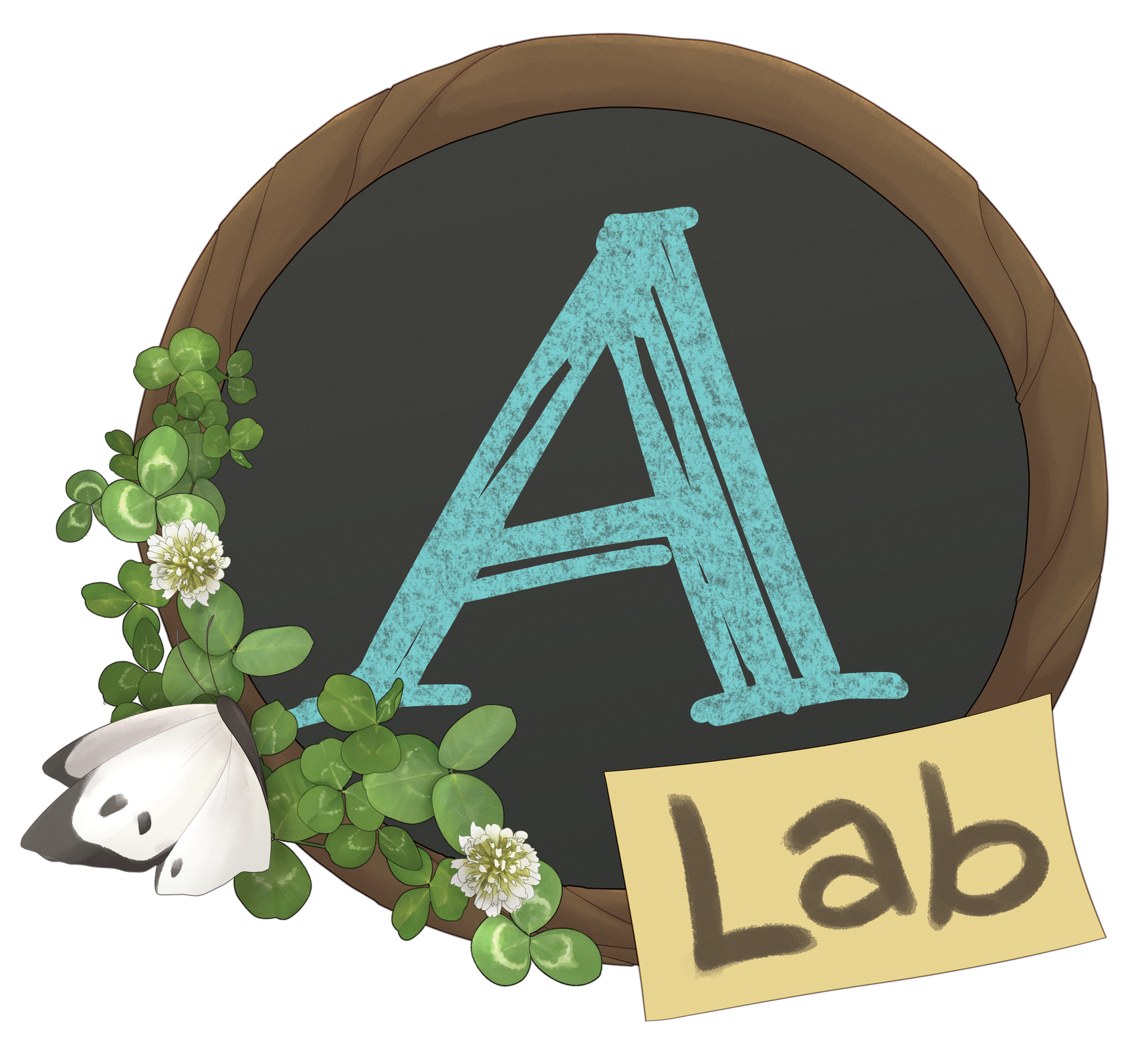Our Research Collaborators
We believe in the power of collaboration and teamwork to advance research and innovation. On this page, we are excited to introduce you to the brilliant minds and dedicated researchers we have the privilege of collaborating with, including those who are actively involved in neuro-affirming autism research. Together, we form a diverse and dynamic network of experts, united by our shared passion for pushing the boundaries of knowledge and making a meaningful impact on the world. Get to know our esteemed collaborators, their expertise, and the exciting projects we embark on together as we strive to unlock new insights and drive positive change, particularly in the realm of neuro-affirming autism research.
SANDY THOMPSON - HODGETTS, PhD, OT
University of Alberta
Dr. Thompson-Hodgetts has worked clinically as an occupational therapist with children with autism and their families in homes, schools and communities (2002-2017), and in hospital and community-based contexts with youth and adults with developmental disabilities and co-occuring mental health issues (2000-2002). Currently, Sandra is Director of the Supporting Kids Inclusion and Participation (S.K.I.P.) Lab, which is home to many trainees, staff and collaborators from a variety of professional and educational backgrounds who conduct research aimed at supporting inclusion and participation of children, youth and young adults with autism and other neurodevelopmental, intellectual and/or developmental conditions and their families in meaningful activities and life choices. This often means in homes, schools, communities, and workplaces. Sandra strongly values collaborative, interdisciplinary research and her approach tends to focus on targeting the social environment (other people's knowledge, practices and policies), rather than 'fixing' or remediating impairment 'in' the person who experiences disability.
AMY ACCARDO, EdD
Rowan University
Dr. Amy Accardo is the faculty director of the Center for Neurodiversity and a tenured associate professor in the Interdisciplinary and Inclusive Education Department at Rowan University. Dr. Accardo’s scholarly activities focus on promoting equitable education opportunities for autistic young adults and working with neurodivergent students, faculty and staff to implement inclusive pedagogy and practices on campus. She has published numerous articles and presents research nationally on autism and topics including college access, literacy, teacher preparation, and mental health. Prior to serving as Center for Neurodiversity director, Dr. Accardo was director of the Ph.D. in Education Program as well as coordinator of the Teacher of Students with Disabilities Post Baccalaureate Program. Dr. Accardo is chair of the AERA Special and Inclusive Education Research SIG, founder of the AERA Autism Spectrum Research Committee and an active member in the Council of Exceptional Children. As a faculty member in the IIE Department, Dr. Accardo teaches undergraduate coursework in the TOSD post baccalaureate program and graduate coursework in the MS and PhD in Education programs. Dr. Accardo holds a master’s degree from Drexel University and a doctoral degree in special education from Arcadia University. When not working, she is an avid runner and enjoys yoga and travel with her family.
MICHELLE J SEARLE, PhD
Queen's University
Dr. Michelle Searle holds a PhD in curriculum with a focus on assessment and evaluation. She has received the Credentialed Evaluator (CE) designation from the Canadian Evaluation Society and she is also a member of the Ontario College of Teachers (OCT). Michelle has experience leading research and evaluation teams in the fields of education and health. Her research focuses on increasing the usefulness of program evaluation through a focus on collaborative evaluation approaches and innovative forms of knowledge dissemination that enhance capacity within organizations. She is skilled at using complementary methods drawn from qualitative and quantitative approaches to provide strong evidence for the convergence and collaboration of program findings. By using mixed and multiple methods that are often infused with Arts, Michelle gains a deeper understanding of the phenomena under study and uses this knowledge to inform policy, practice and scholarship.
MATTHEW CARL ZAJIC, PhD
Teachers College, Columbia University
Dr. Matt Zajic is an Assistant Professor at TC Columbia, where his interests focus on understanding and supporting the writing development of individuals with autism spectrum disorder, with specific attention to theory, measurement and assessment, and instruction. He adopted interdisciplinary approaches to examine the intersections between the linguistic, cognitive, and social demands of writing and the diverse profiles of individuals with autism spectrum disorder. He is interested in how writing develops across the lifespan, including through early childhood; primary, secondary, and postsecondary education; and adulthood. Much of his recent work has focused on psychoeducational assessments of writing skills and considerations for the role of engagement during writing assessment. His broader research interests include other areas of academic and related-skill development in individuals with autism spectrum disorder (including reading and language development); writing development in children with other developmental disabilities or with learning disabilities; lifespan and longitudinal approaches to understanding the development of writing skills; systematic reviews; and assessment, measurement, and quantitative methodological issues in writing, autism, educational psychology, and special education research.
GABRIELLE YOUNG, PhD
Memorial University of Newfoundland
Dr. Gabrielle Young is an assistant professor at Memorial University of Newfoundland, where she teaches courses such as the Nature and Characteristics of Learning Disabilities, Inclusive Practices for Children with Learning Disabilities, and the Practicum in Special Education. Gabrielle's research focuses on the use of assistive technology by students with special learning needs, learners' self-beliefs and the self-esteem of individuals with learning disabilities, use of universal design for learning and differentiated instruction to support the inclusion of students with exceptionalities in the general education classroom. She continues to investigate the way in which instructional technologies can meet the learning needs of all students.
JEFFREY MACCORMACK, PhD
University of Lethbridge
Dr. Jeffrey MacCormack is an assistant professor of Educational Psychology and Inclusion at the University of Lethbridge, Faculty of Education. As a former classroom teacher, Dr. MacCormack's research on after-school programs, executive functions, social competence, and play-based learning is also informed by 10 years of experience teaching elementary students and many years of teaching post-secondary adult learners. His work has focused on creating spaces where youth can thrive. He also has an orange-tabby Persian kitten, who is a troublemaker.
BRIANO DI REZZE, PhD
McMaster University
Dr. Briano Di Rezze is an occupational therapist, Assistant Professor in the School of Rehabilitation Science and CanChild Scientist at McMaster University. The aim of his research is to examine the impact of rehabilitation interventions on everyday participation and functioning of children and youth with neurodevelopmental disability (e.g., autism spectrum disorder, and cerebral palsy). His research experience has been in developing measures useful for clinical or research purposes, such as, the Paediatric Rehabilitation Observational Measure of Fidelity (PROF), and the Autism Classification System of Functioning: Social Communication (ACSF:SC). Dr. Briano has worked clinically with children and youth with disabilities (and their families) for over 15 years and continues to work with families and other community members to facilitate community-based research. His community-focused research supports the development and evaluation of programs that increase the participation of transition-aged youth with neurodevelopmental disabilities. Current projects are aimed at improving employment outcomes for youth with autism spectrum disorder.
KRISTIE ASARO-SADDLER, PhD
University at Albany
Dr. Kristie Asaro-Saddler is an Associate Professor in the Divisions of Special Education and Educational Psychology and Methodology at the University at Albany. Her primary research interest is using strategies to support autistic students, particularly in the areas of writing and self-regulation. Other research interests include interventions for struggling writers and the teachers who support them. She has published in journals including the Journal of Special Education, Exceptional Children, and Autism, and has presented at national and international conferences in the area of writing and autism. Dr. Asaro-Saddler has received numerous grants to support her research, including the Organisation for Autism Research grant. She is a Committee Officer for the Autism Spectrum Research Committee (AERA) and is a member of the American Educational Research Association and the Council for Exceptional Children. She currently teaches graduate and undergraduate courses in Special Education and Autism; prior to joining the faculty at the University at Albany she was a special education teacher for children with autism and developmental disabilities.
NARMENE HAMSHO, PhD
Fairleigh Dickinson University
Dr. Narmene Hamsho takes a data-driven approach to case conceptualization and intervention. Her theoretical orientation is formed through an integrative process of the cognitive-behavioral and developmental psychopathological perspectives. Dr. Hamsho is dedicated to mentoring the next generation of school psychologists. Underlying her mentoring style and informing her teaching philosophy, is an unwavering commitment to the promotion of educational equity. Dr. Hamsho aims to support graduate students’ development of their professional identity. She not only tailors her support to each of her student’s professional goals but also to their specific areas of need.
DAVID NICHOLAS, PhD
University of Calgary
Dr. David Nicholas, RSW, joined the Faculty of Social Work in the Central and Northern Alberta Region as an Associate Professor in 2008. He has a background in psychosocial outcome and intervention research related to children, youth and families affected by illness and disability. Dr. Nicholas brings expertise in qualitative and mixed-method research approaches. He brings an extensive clinical and administrative background in the fields of social work, health, and disability. Dr. Nicholas is the author of over 70 research publications. Over the past 20 years, he has held over $12 million in research grants and has been a PI on major grant funding from the federal and provincial sources, including grants funded by SSHRC and CIHR. Dr. Nicholas has been a key leader in nurturing capacity building, addressing vocational issues in ASD, and building partnerships in Canada and internationally. Much of his current research focuses on seeking more equitable opportunities for obtaining and retaining employment for Autistic people.
CARLY MCMORRIS, PhD, RPsyc
University of Calgary
Dr. Carly McMorris has a PhD in Clinical-Developmental Psychology from York University (Toronto, Ontario). She completed her clinical internship at The Hospital for Sick Children (SickKids; Toronto, Ontario), and is a Registered Psychologist in Alberta (#4997). In the fall of 2015, she moved to Calgary and completed a postdoctoral fellowship in the Department of Paediatrics, Cumming School of Medicine at the University of Calgary and the Owerko Centre at the Alberta Children’s Hospital Research Institute. Dr. McMorris joined the Werklund School of Education in 2016 as an Assistant Professor in the School and Applied Child Psychology program. Given Dr. McMorris’ broad research and clinical interests, she has affiliations with a variety of professional and community organizations related to child psychology, typical and atypical development, autism spectrum disorder and other neurodevelopmental disorders.
MEGAN AMES, PhD
University of Victoria
Dr. Megan Ames is an Assistant Professor in the Department of Psychology, having joined the department in 2020. Dr. Ames became a Research Fellow with the Centre for Youth & Society in 2021. She works closely with several other Research Fellows of CFYS, including Dr. Brianna Turner, Dr. Paweena Sukhawathanakul, and Dr. Bonnie Leadbeater. As a scientist-practitioner, Dr. Ames provides client-centered psychological services to children, adolescents, and their families presenting with a wide range of concerns in addition to her research. Her research is centered on understanding how and why health-related symptoms and behaviours are related to mental health concerns from early adolescence into young adulthood with the goal of indentifying behavioural interventions. Dr. Ames also holds research interests interests related to supporting postsecondary students with autism spectrum disorders (ASD). In the summer of 2020 in partnership with Big Brothers Big Sisters Canada, Dr. Ames launched Teens @ Home During COVID-19 along with colleagues from York University. Teens @ Home is a longitudinal survey of teens aged 12-18 at various points during the COVID-19 pandemic. The research team inquires about the youths’ physical and mental health, including rates of depression, anxiety, self-harm, and suicidal ideation, as well as potential contributing factors, including stressors.
Dora M Raymaker, PhD
Portland State University
Dr. Dora M Raymaker is a Research Associate Professor at Portland State University’s Regional Research Institute for Human Services in the School of Social Work, Co-director of the Academic Autism Spectrum Partnership in Research and Education (AASPIRE), and the associate editor of the journal “Autism in Adulthood.” Dr. Raymaker’s research interests include community-engaged practice, systems thinking, measurement, and the dynamics at the intersection of science, society, and technology. In application, Dr. Raymaker conducts services intervention research in collaboration with disability and mental health communities to improve employment outcomes, increase self-determination, and reduce discrimination and stigma. In their remaining three minutes of free time, they enjoy writing science fiction and making multimedia art.
CHRISTINA NICOLAIDIS, MD, MPH
Portland State University
Dr. Nicolaidis joined PSU in January 2013 to serve as Professor in the School of Social Work and to direct the Social Determinants of Health Initiative at PSU. As a general internist and health services researcher, Dr. Nicolaidis uses participatory research to improve the health and healthcare of marginalized populations. The majority of her current research projects focus on autism in adulthood and neurodiversity. She is the co-founder and co-director of the Academic Autism Spectrum Partnership in Research and Education (AASPIRE; www.aaspire.org), an international academic-community partnership that uses community-based participatory research to address the priorities of autistic adults. She has led a series of National Institute of Mental Health (NIMH)-funded studies on health care for autistic adults and has created the AASPIRE Healthcare Toolkit (www.autismandhealth.org) for use in primary care settings. She is currently leading a large NIMH-funded R01 project to develop and test a set of accessible, patient-reported outcome measures for autistic adults. She also is the founding Editor-in-Chief of the peer-reviewed journal, Autism in Adulthood (www.liebertpub.com/aut). More broadly, Dr. Nicolaidis works to improve health equity and address social determinants of health. She directs the Social Determinants of Health Initiative (www.pdx.edu/social-determinants-health), which brings together individuals from Portland State University, Oregon Health & Science University, community organizations, governmental agencies, and local health systems to improve health equity. She has led or collaborated on dozens of externally-funded projects on intimate partner violence, racial health equity, chronic pain, substance use disorders, and health system transformation. She has authored over 100 publications and has mentored dozens of students, trainees, and faculty members. Dr. Nicolaidis teaches research methods in the School of Social Work at Portland State University (PSU) and teaches and practices internal medicine at Oregon Health and Science University (OHSU).
DANA A. HAYWARD, PhD
University of Alberta
Dr. Dana Hayward is an Assistant Professor in the Psychology Department at the University of Alberta, the director of the Visual Attention and Social Processes (VASP) lab, and a former high school teacher. Her research program is focused on how people pay attention and make decisions, while taking into account contextual/environmental factors along with individual variability. By context/environment, Dana's work has looked at how (i) the presence of other people, (ii) the type of task or interaction, and (iii) the physical spaces we occupy may affect our attention, choices, and behaviour. By individual variability, Dana's work has investigated variation in attention across neurotypical and neurodiverse individuals. The VASP lab employs eye-tracking, motion-tracking, and neuroimaging techniques to investigate their research questions.
MATHIEU GAGNON, PhD
Royal Military College
Dr. Mathieu Gagnon holds a PhD in Experimental Psychology from the University of Ottawa, and is currently an Assistant Professor at the Royal Military College. His work looks to unravel the complexities of human emotion. His research delves into diverse facets of human emotion, such as children's comprehension of facial expressions, smile perception, interpretation, and moral disgust and awe. Dr. Gagnon's work contributes significantly to advancing our understanding of the intricate tapestry of human emotions.
PAMELA FILIATRAULT-VEILLEUX, PhD, R.SLP
University of Alberta
Dr. Pamela Filiatrault-Veilleux is an Assistant Professor at the University of Alberta in the Department of Communication Sciences and Disorders, with the Faculty of Rehabilitation Medicine. She completed a SSHRC funded PhD at the Université Laval, in Quebec, Canada, where she explored inferential comprehension abilities of young preschoolers aged 3-6 years, leading to the creation and publication of a free accessible assessment tool. In 2020, she completed a SSHRC funded postdoc with the Centre for Research on Early Child Health and Education at Simon Fraser University, in British Columbia (Canada), which aimed to explore the impact of plurilingualism on language and cognitive processes involved in early literacy and reading comprehension. Her main research interests focus on language comprehension (receptive language) of young children. The goal of her research is to improve both aspects of assessment and intervention, targeting receptive language for all children in inclusive settings. She is registered as a Speech-Language Pathologist (SLP) with the Alberta College of Speech-Language Pathologists and Audiologists (ACSLPA), the College of Speech and Hearing Health Professionals of BC (CSHBC), the Ordre des Orthophonistes et Audiologistes du Québec (OOAQ) and certified with the Speech-Language and Audiology Canada (SAC).
AMANDA BINNS, PhD
University of Toronto
Amanda Binns, PhD is a clinician, researcher, and educator in the field of Speech-Language Pathology. She is an Assistant Professor at University of Toronto, clinical manager of a Student-Led Environment at Holland Bloorview, and Clinical Education Development Lead at the Centre for Faculty Development. Her program of research extends from years of experience providing interprofessional supports for children and their families. (www.slpmaps.ca)
JACKIE RYAN, PhD
University of Alberta
Jackie is an Autistic autism researcher with a PhD in Rehabilitation Science from the University of Alberta. She holds a master’s degree in Leadership from Royal Roads University where her research on leadership to promote the self-determination of Autistic individuals won the University Founders’ Award. Her doctoral research was on understanding self-determination and autonomy from the perspective of Autistic adults with intellectual disabilities using a community based participatory research approach. Included in her research was the preparation of Research 101 open-access training to build the capacity for Autistic people to collaborate in research. Jackie is continuing her self-determination participatory research by co-designing and evaluating a ‘toolkit’ of recommended practices based on the data from her doctoral research. Jackie is part of the Neurodiversity Movement and seeks to empower Autistic people to thrive.
ALEX NEWSON, PhD
University of Oregon
Alex Newson (she/her/hers) identifies as a white, Autistic, and disabled woman. Alex received her doctoral degree in Special Education at the University of Oregon. Before beginning her doctoral studies, Alex received a Master of Science at the University of Oregon in Special Education with K-12 licensure under Project STEP – an OSEP-funded personnel preparation grant focusing on low-incidence disabilities. Alex taught in private and public school settings in the Pacific Northwest as a certified Special Educator and educational assistant. She was the recipient of Project COLEAD – an OSEP-funded leadership grant focusing on autism, evidence-based practices, diversity, and collaboration across universities. Her current research interests include equitable neuroinclusive research methodologies, trauma-informed neurodivergence-informed education, and the promotion of Autistic mental health and wellbeing in schools for educators and students. Her AIR-P-funded dissertation titled Double Burnout: Exploring the experiences of Autistic burnout and educator burnout among Autistic educators in the United States utilized CBPR methods to collaborate with 12 Autistic, neurodivergent, and disabled educators, researchers, and scholars to better understand Autistic burnout and Autistic flourishing. Alex's passion for research stems from her experiences as a neurodivergent special educator to youth with co-occurring disabilities, mental health needs, and neurodivergences. By using critical disability studies, disability justice, and neurodiversity-informed lens, Alex aims to collaboratively animate inclusive and affirming mental health supports that holistically consider neurodivergent individuals while addressing systemic issues like ableism, racism, and homophobia.



